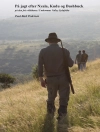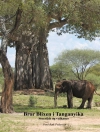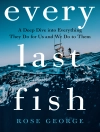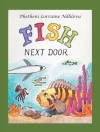From beer labels to literary classics like A River Runs Through It, trout fishing is a beloved feature of the iconography of the American West. But as Jen Brown demonstrates in Trout Culture: How Fly Fishing Forever Changed the Rocky Mountain West, the popular conception of Rocky Mountain trout fishing as a quintessential experience of communion with nature belies the sport’s long history of environmental manipulation, engineering, and, ultimately, transformation.
A fly-fishing enthusiast herself, Brown places the rise of recreational trout fishing in a local and global context. Globally, she shows how the European sport of fly-fishing came to be a defining, tourist-attracting feature of the expanding 19th-century American West. Locally, she traces the way that the burgeoning fly-fishing tourist industry shaped the environmental, economic, and social development of the Western United States: introducing and stocking favored fish species, eradicating the less favored native “trash fish, ” changing the courses of waterways, and leading to conflicts with Native Americans’ fishing and territorial rights. Through this analysis, Brown demonstrates that the majestic trout streams often considered a timeless feature of the American West are in fact the product of countless human interventions adding up to a profound manipulation of the Rocky Mountain environment.
https://www.youtube.com/watch?v=ZKMw Ek Kj9jg
Table des matières
Acknowledgments
Introduction
1. Headwaters
2. Trout Empire
3. Trout Culture
4. Trash Fish
5. Lunkers
6. Wild Trout
Epilogue
Notes
Bibliography
Index
A propos de l’auteur
Jen Corrinne Brown is professional assistant professor of history at Texas A&M University, Corpus Christi.












